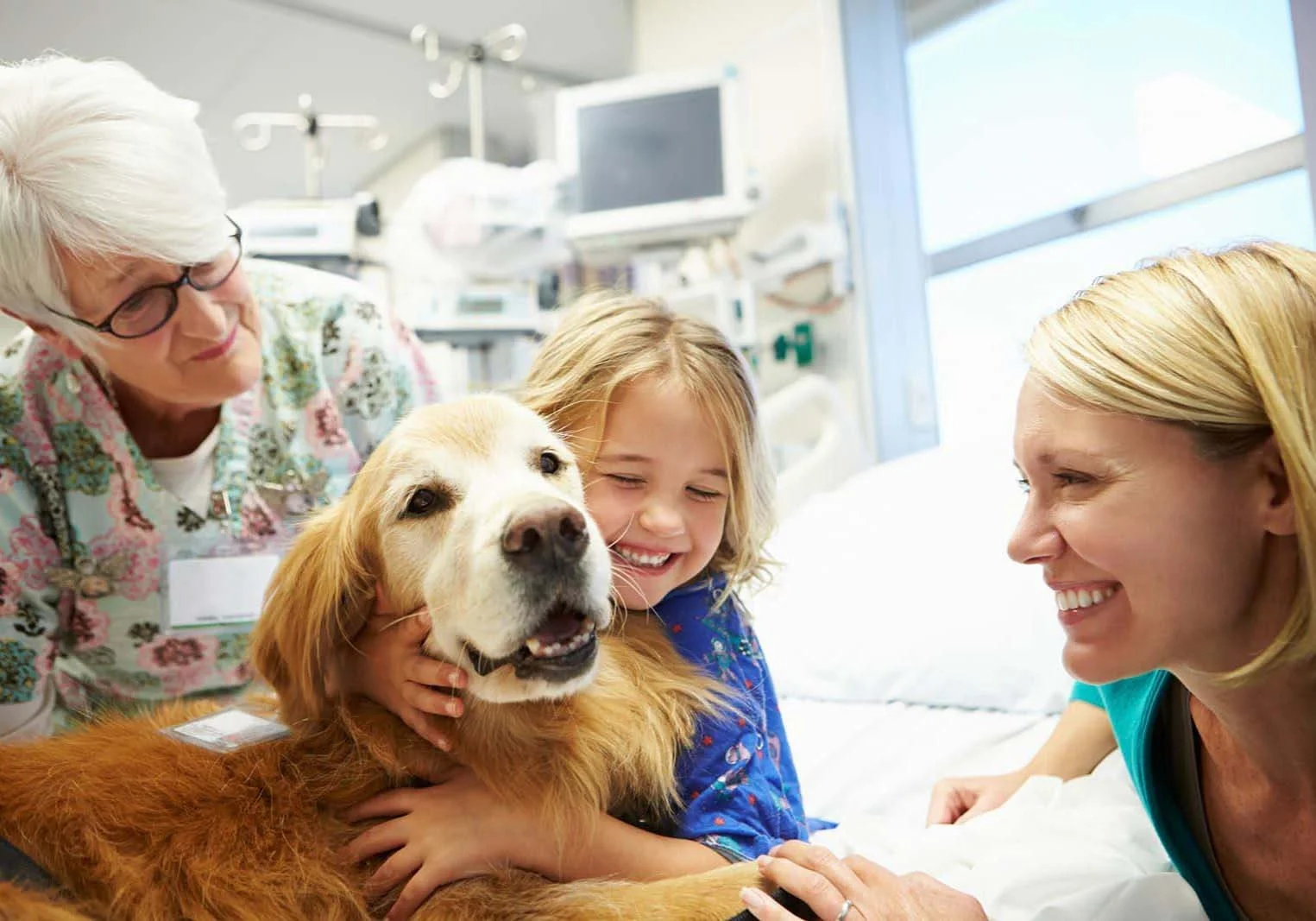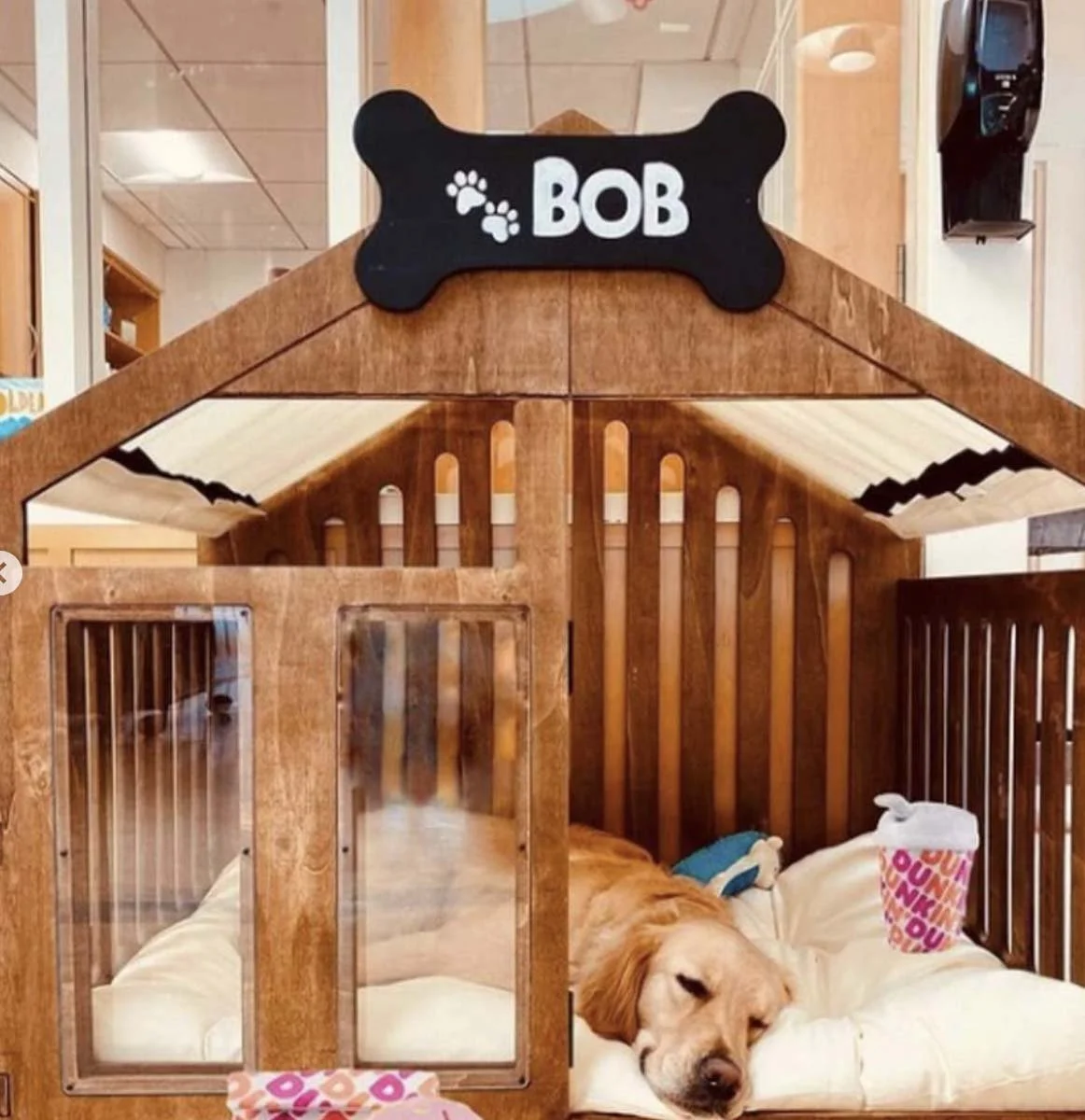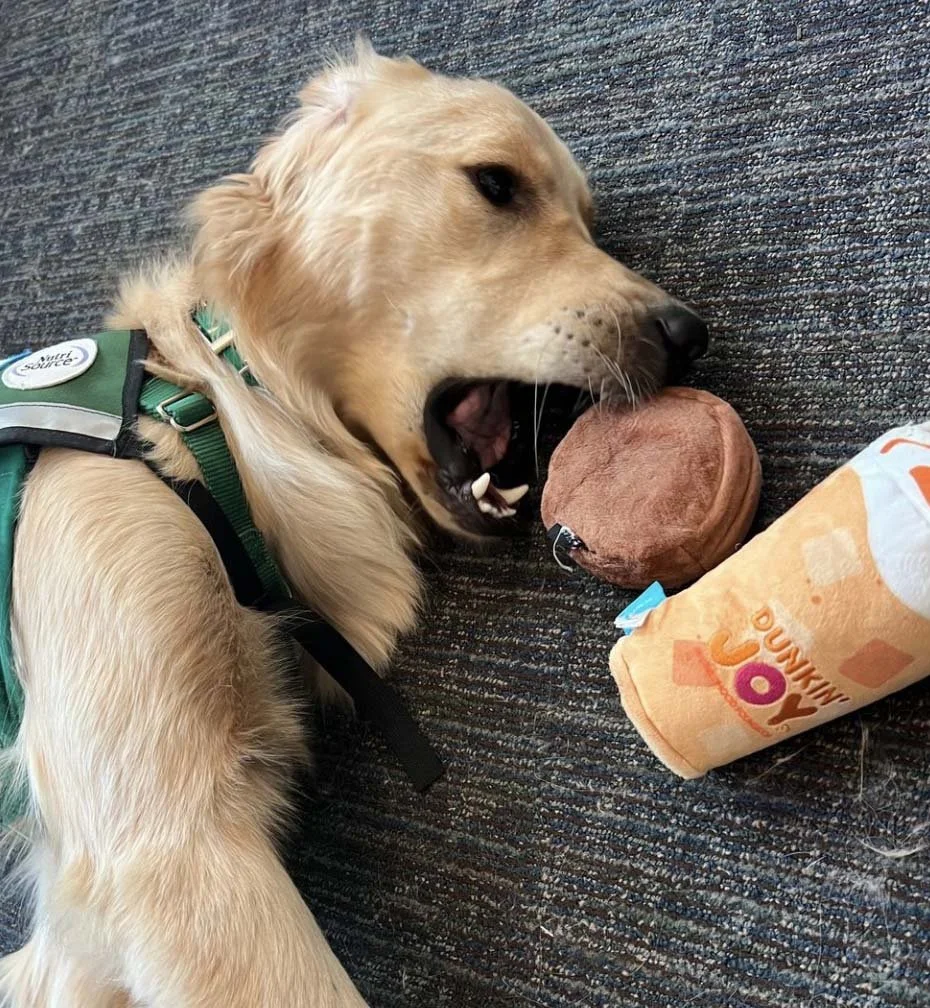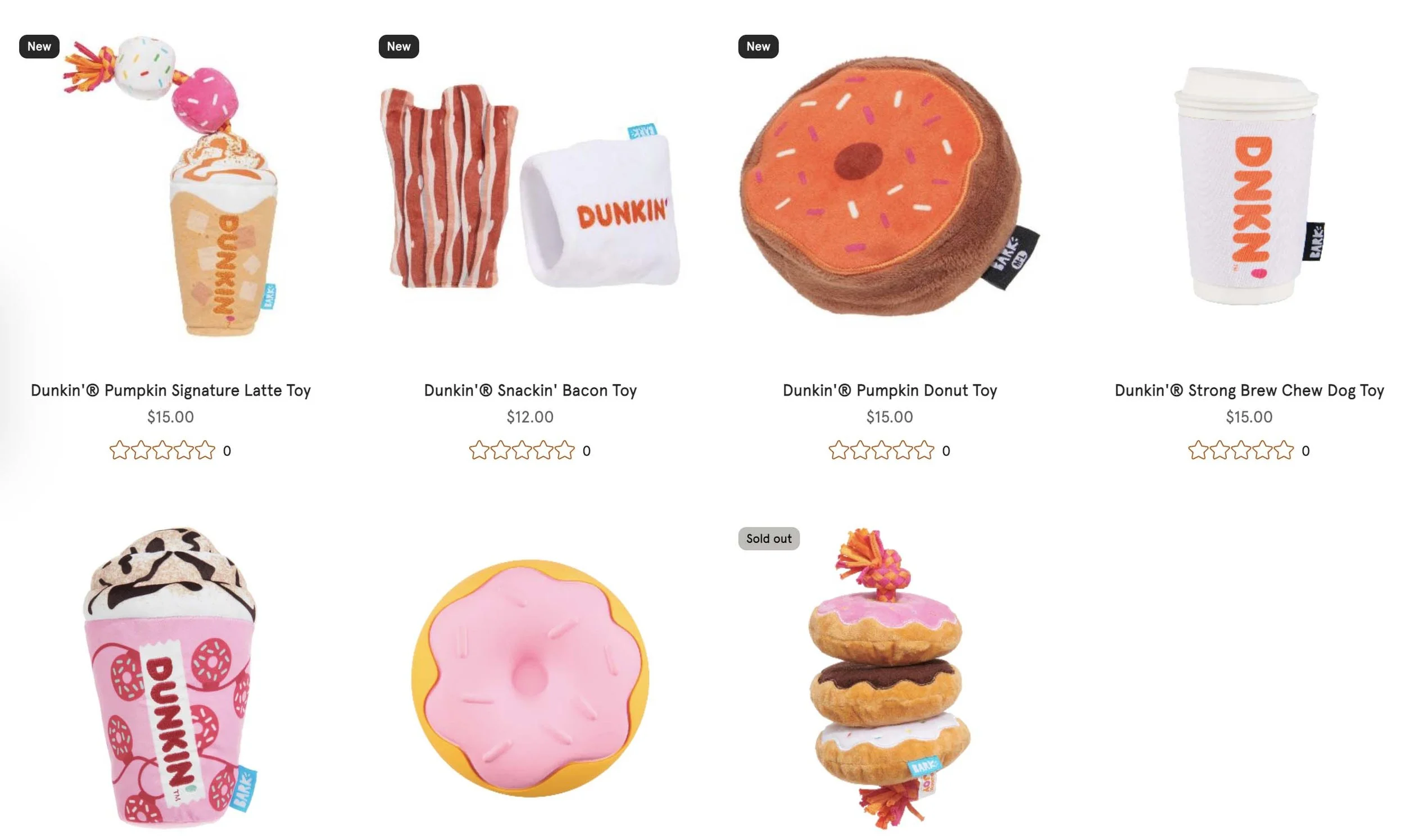Dunkin’ Joy in Childhood Foundation: Transforming Hospitals with Canine Companions
Dunkin’ Dogs for Joy™ initiative, supported by the Joy in Childhood Foundation, has introduced over 40 facility dogs into hospitals nationwide. These are not just any dogs; they are specially trained to work full-time within healthcare settings, distinguishing them from short-term visiting therapy dogs.

Dunkin’ Dogs for Joy™ initiative, supported by the Joy in Childhood Foundation, has introduced over 40 facility dogs into hospitals nationwide. These are not just any dogs; they are specially trained to work full-time within healthcare settings, distinguishing them from short-term visiting therapy dogs.

Facility dogs under the Dogs for Joy™ program are a constant presence in hospitals, working alongside medical staff to provide emotional and physical support. Here’s how they make a difference:

Therapeutic Benefits: Research highlights that interaction with these dogs can lower blood pressure, reduce pain perception, decrease anxiety, and even motivate patients, particularly children, to engage in physical activities like walking, which is crucial for recovery.
Educational and Motivational Support: Dogs assist in teaching children how to take medication, making the process less daunting. They also help keep children calm during medical procedures.

The presence of these dogs transforms the hospital environment from a sterile, often daunting place into a more comforting, home-like setting. This shift not only aids in the recovery process but also supports the mental health of patients and their families.
Joy in Childhood Foundation's Broader Initiatives
The Dogs for Joy™ is part of a larger suite of programs under the Joy in Childhood Foundation, which includes:
Dunkin’ Joyful Spaces: Enhancing hospital environments with playful, less clinical areas like gardens and playrooms.
Community Impact Grants: Empowering local communities and hospitals with funding for specific projects that enhance child welfare.
Baskin-Robbins Joy in Childhood Foundation: Celebrating young heroes with ice cream and honorary grants, fostering joy and community spirit.

The Joy in Childhood Foundation welcomes support from individuals who wish to contribute to these heartwarming initiatives. Donations can be made, which are 100% tax-deductible, helping to expand these programs and bring joy to more children facing health challenges.
BARK + Dunkin'®

For the fourth consecutive year, this collaboration transforms the beloved Dunkin’ experience into playful dog toys, including replicas of their iconic coffee cups, donuts, and breakfast sandwiches, all designed by BARK’s creative team.
Each purchase of these delightful toys not only promises hours of fun for dogs but also contributes to a greater cause. A portion of the proceeds goes directly to the Dunkin’ Joy in Childhood Foundation, supporting initiatives like Dogs for Joy, which since 2018 has been placing specially trained service dogs in children’s hospitals.

Through ongoing support and community engagement, the Joy in Childhood Foundation continues to light up the lives of those who need it most, one wag of a tail at a time.
For more information or to get involved, visit the Joy in Childhood Foundation’s website or follow them on Instagram for updates and stories that will undoubtedly warm your heart.
This blog post reflects the incredible work being done by the Joy in Childhood Foundation, emphasizing the unique role of facility dogs in healthcare and inviting broader community involvement.




